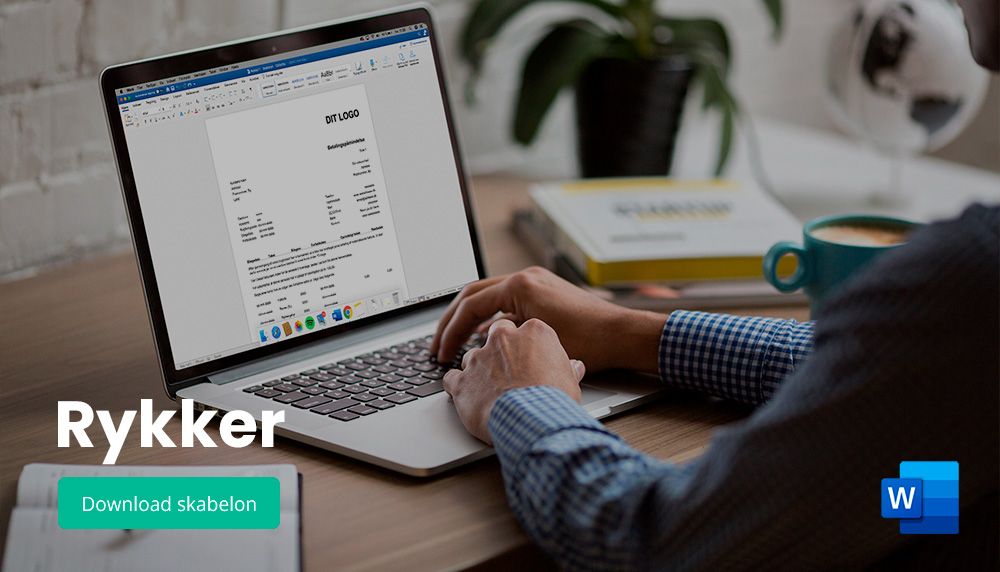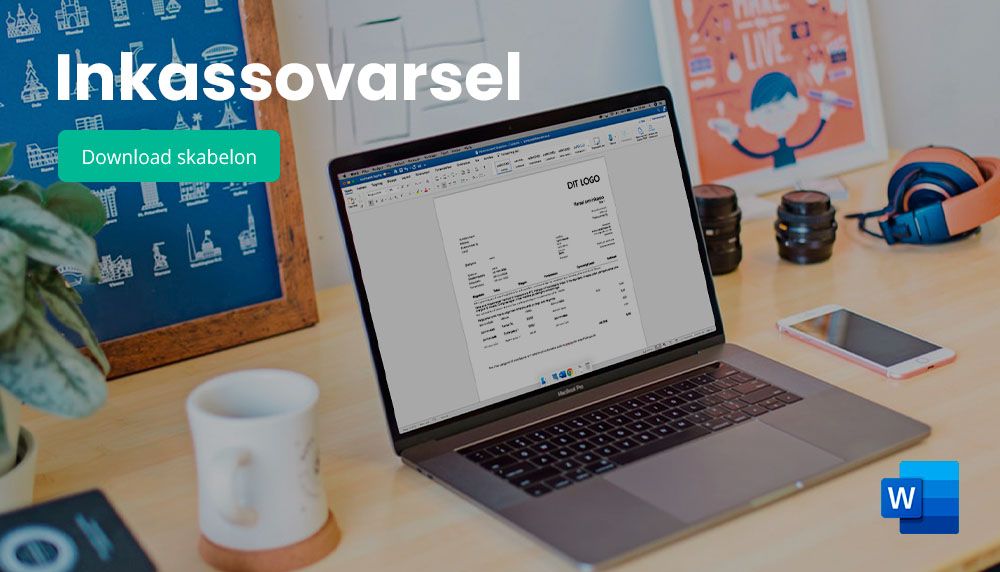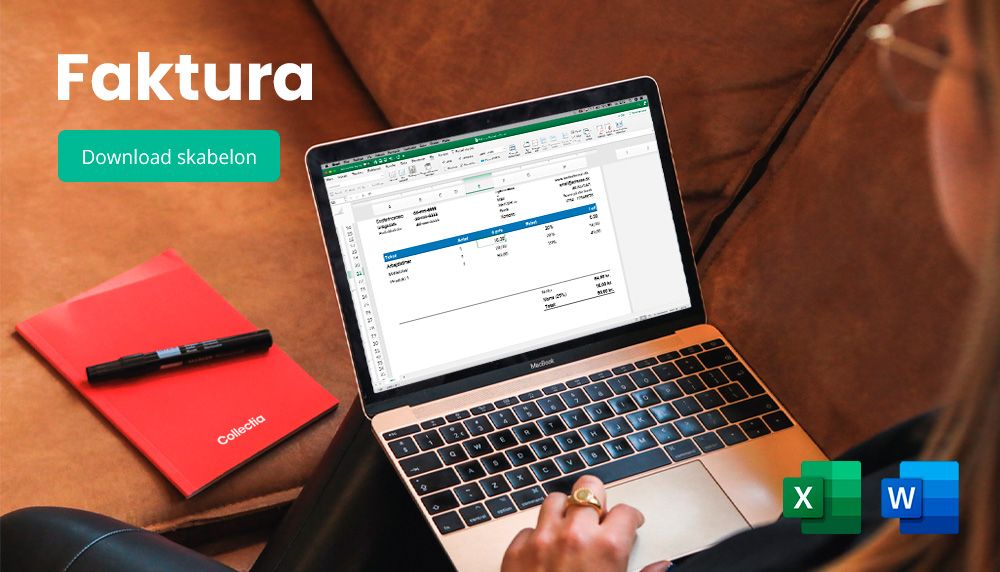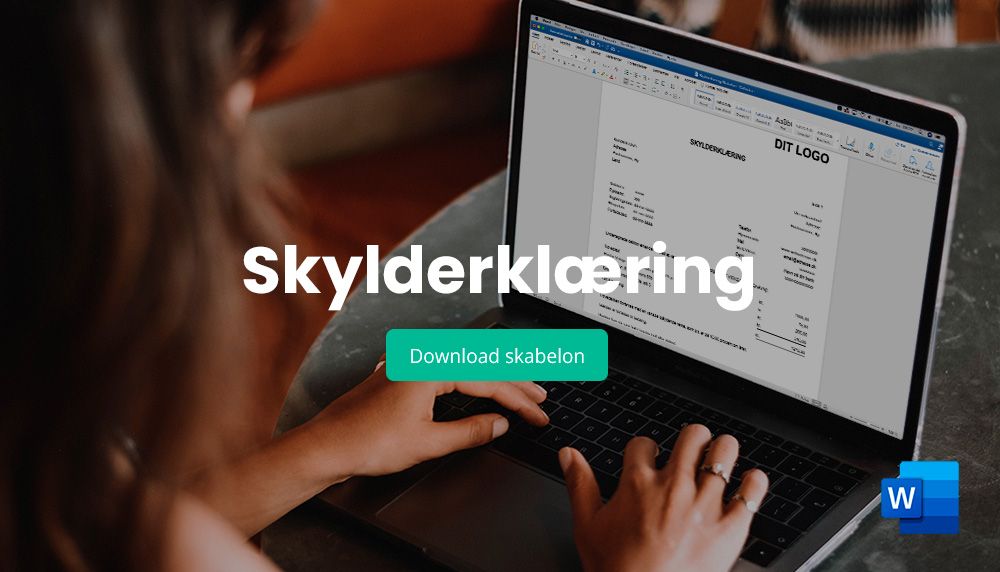
Personal liability
Personal liability means that a business owner is personally liable for any defaults on debts and the like that the business owner has incurred in his or her business.
Basically, personal liability can arise in several ways, but the most common reason is the chosen company form.
In this text, we focus on personal liability, including what it means for the debt collection process.
The company form can determine liability
If the company is incorporated as a private limited company (ApS) or a public limited company (A/S), the owner is generally not personally liable for debts or unpaid invoices against the company.
In other words, if the company goes bankrupt, the owner cannot be held personally liable for the company's obligations.
However, if the company is privately owned, such as a sole proprietorship or a partnership (I/S), the owner is personally liable for debts and obligations towards the company.
This means that if a sole proprietorship goes bankrupt or closes in the normal way, the claim can be made personally against the owner(s).
The corporate form does not always protect against personal liability
Although the corporate form generally "protects" the owner and their personal finances from creditor claims for debts and other obligations incurred in the company, there are exceptions. Lenders, such as banks, may require the business owners to be personally liable for debts incurred by the company, meaning that the protection of the company form does not apply.
Therefore, when taking out loans and other obligations in the company, be aware that the lender may require personal liability from the company's owners.
Debt collection and company forms
In general, claims from debt collection agencies are treated like any other debt in relation to corporate forms.
If a business owner leaves one or more unpaid invoices and the company was run as a sole proprietorship or partnership, most debt collection agencies and lawyers will automatically transfer the claim to the former business owner.
However, if the business is run as a company, unpaid invoices will generally not be recoverable from the owner(s) of the business.











